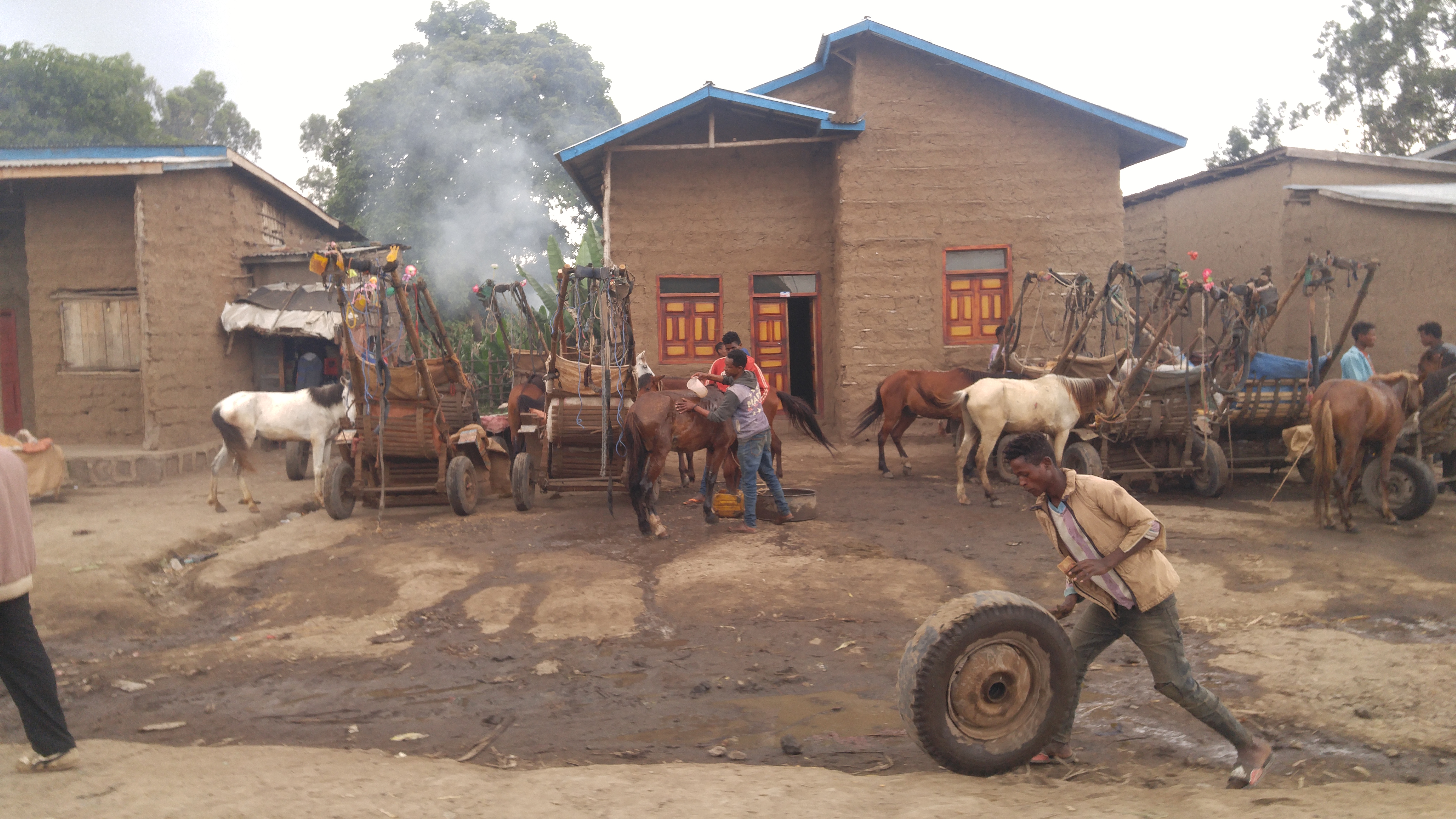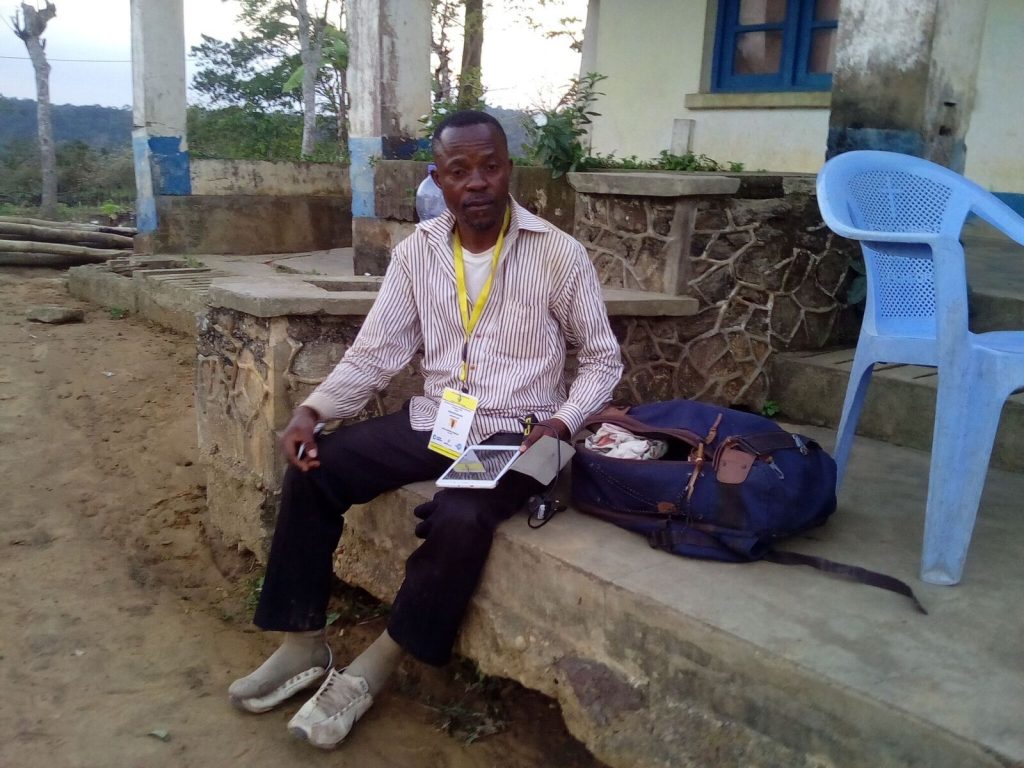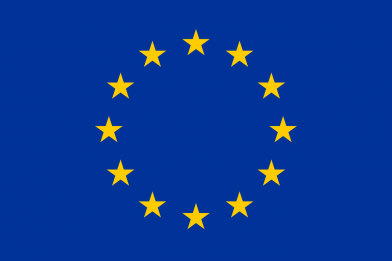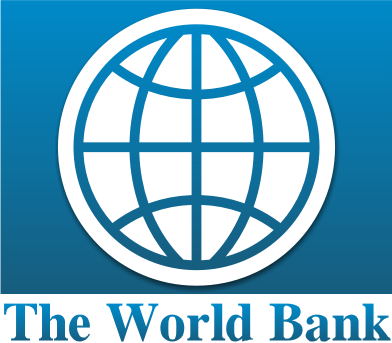Making a difference
- Publié le :
- Country : Global
- Period : April – July 2018
- Client : UNITAID
- Donor : World Health Organization (WHO)
WHO recommends universal parasitological confirmation of all patients suspected of having malaria before treatment, which is dependent on the availability of high quality diagnosis at all levels of the health system. Rapid diagnostic tests (RDTs) are a key tool for routine diagnosis of malaria. These portable and disposable tests are simple to use, and do not require laboratory infrastructure. Since 2013, UNITAID has provided support to the Foundation for Innovative New Diagnostics (FIND) to implement a project on Sustainable Global and National Quality Control for Malaria Rapid Diagnostic Tests (grant of $US 9.4 M) with the ultimate goal to establish sustainable standards to ensure quality malaria RDTs are increasingly used to support rationale treatment of malaria in endemic countries. This project thus aims to develop improved and affordable quality standards and practices for malaria RDTs to support quality control of RDTs at two different points in the supply chain.
ACT for Performance’s team assessed the project’s results of this End of project Evaluation FIND QARDT grant against the objectives and targets initially set, assess the sustainability of the RDT quality process going forward, and formulate lessons learned and provide realistic and pragmatic recommendations to introduce possible general and specific improvements.
- Publié le :
- Country : Ethiopia
- Period : March 2018 – September 2018
- Client : UNICEF
- Donor : European Union (UE)
ACT for Performance and JaRco Consulting evaluated the Nutrition component of the EU-SHARE project in Ethiopia for 6 months in 2018. From 2005-2012, despite sustaining double digit economic growth rates, poverty remains high with 80% of rural Ethiopians continuing to live below the poverty line and more than 30 million living below the food poverty line. Children are mostly affected, with an estimated 44% stunted among them. The overall purpose of this Evaluation was to assess the results of the Nutrition component of the EU-SHARE project that aims to strengthen Ethiopia’s capacity to deal with the environmental and economic shocks that has threatened livelihoods over the last decade and has led to significant loss of livestock.
The project promotes sustainable agro-pastoral development while conserving water resources and soil-productivity. Under the Nutrition component, nutrition-specific and nutrition-sensitive actions have been implemented by UNICEF and its partner FAO in 17 Woredas in Amhara, Oromia, and SNPP regions, targeting adolescent girls, pregnant women, and children under 5. ACT with our partner JaRco Consulting, executed field trips to carry out the surveys measuring progress compared to a baseline established in May 2017, a quantitative evaluation (sampling and anthropometric measurements), and a qualitative evaluation (document reviews, FGDs and interviews with key informants).


- Publié le :
- Country : Indonesia
- Period : February 2018 – August 2018
- Client : UNICEF
UNICEF cooperation in Indonesia dates back over 50 years and has evolved to meet the needs of children, their families and communities, in line with national development priorities that match and guide the ongoing economic and social development of the country. This is done through close collaboration with other partners (such as Government, civil society, the private sector and children themselves). Currently, the 2016-2020 Country Programme of Cooperation between the Government of Indonesia (GoI) and UNICEF identifies cooperation in the areas of maternal and child health, nutrition, water/sanitation, education, child protection, social policy, emergency preparedness and disaster risk reduction. UNICEF cooperation in Indonesia employs various implementation modalities and strategies with partners to achieve the ambitious set of planned results and monitoring targets outlined in the Country Programme Action Plan (CPAP) 2016-2020.
ACT for Performance and MDF Indonesia conducted in 2018 the formative evaluation of UNICEF’s Indonesia partnership strategies and reviewed the extent of these partnership’s contribution to the intended outcomes of the current country programme. The evaluation’s objectives were to learn from UNICEF’s partnership approaches, to understand the relevance, effectiveness, efficiency, sustainability and equity of these approaches, and provide evidence-based recommendations for improvement.
- Publié le :
- Country : Democratic Republic of Congo (DRC)
- Period : February 2018 – March 2019
- Client : The Health System Strengthening for Better Maternal and Child Health Project (PDSS)
- Donor : World Bank
The Health Systems Strengthening for Better Maternal and Child Health Project (PDSS) is implemented in 11 provincial health districts in the Democratic Republic of Congo. The project is financially supported by the World Bank and the Health Results Innovation Trust Fund as well as other partners such as USAID, GFF, and the Global Fund. The main goal of the project is to improve coverage and quality of maternal and child health services in targeted areas through Performance-Based Financing (PBF). The overall purpose of this midline impact evaluation is to provide the World Bank and its implementation partners with recommendations and adjust the program with the required changes in the course of the execution.
ACT for Performance and KIT Royal Tropical Institute conducted the midline study in 42 sanitary zones of the provincial sanitary districts of Kwango, Kwilu and Mai-Ndombe in DRC, surveys in health centers and households, recruitments and trainings, data collection and analysis, in order to estimate the impact of the performance-based financing on the use, quality and results of health care in these sanitary zones.

- Published:
- Country:
- Democratic Republic of Congo
- Period:
- March 2016 – October 2016
- Client:
- Ministry of Civil Service; Civil Service Reform and Rejuvenation Project (PRRAP)
- Donor:
- World Bank
- Budget :
- US$ 487,750
The Civil Service Reform and Rejuvenation Project selected the consortium ACT for Performance – Groupe conseil Baastel to conduct a baseline survey among civil servants at state and provincial levels to establish a reference for performance, which permits to measure the impacts of the project. We also did a household survey to assess the level of citizen satisfaction with the quality of public services.
Seventy 70 surveyors were selected, trained and deployed in the field using tablets with questionnaires and surveyCTO software. So far, 1356 surveys have been carried out in the province of Kinshasa and 431 in the Kongo central province.





